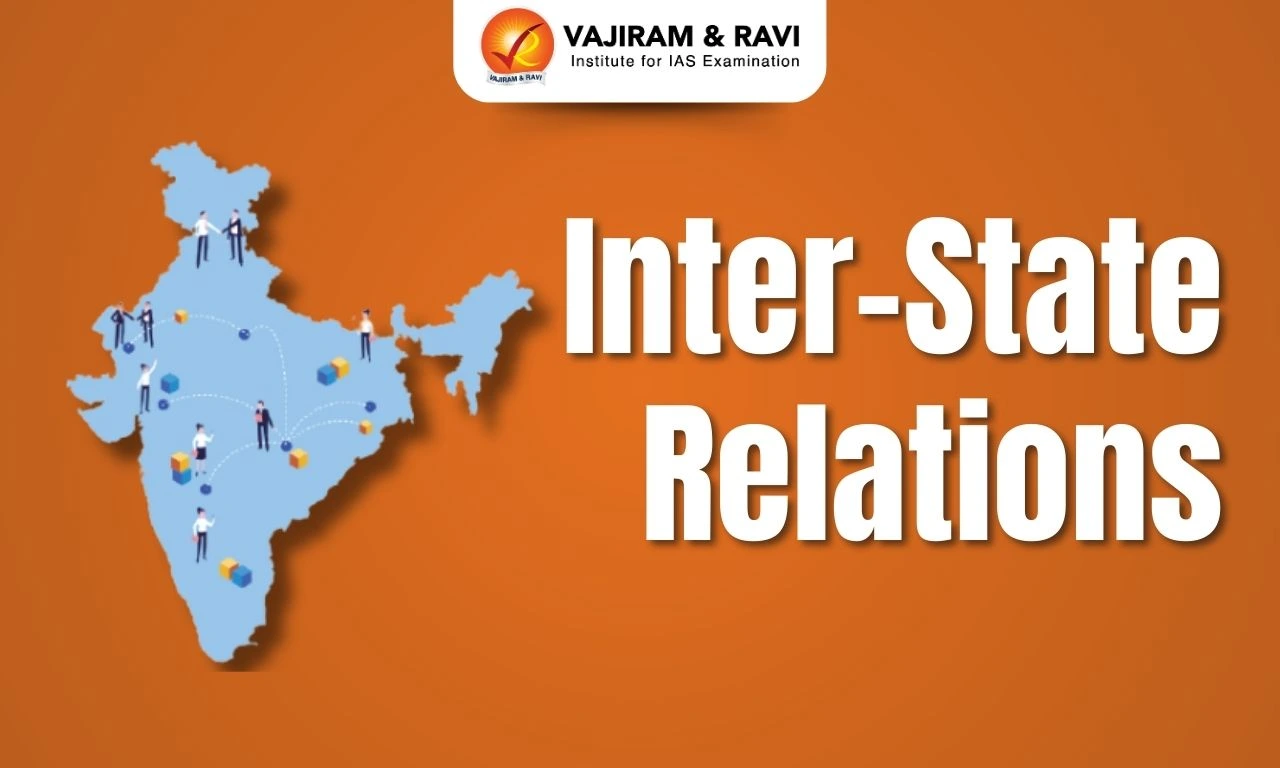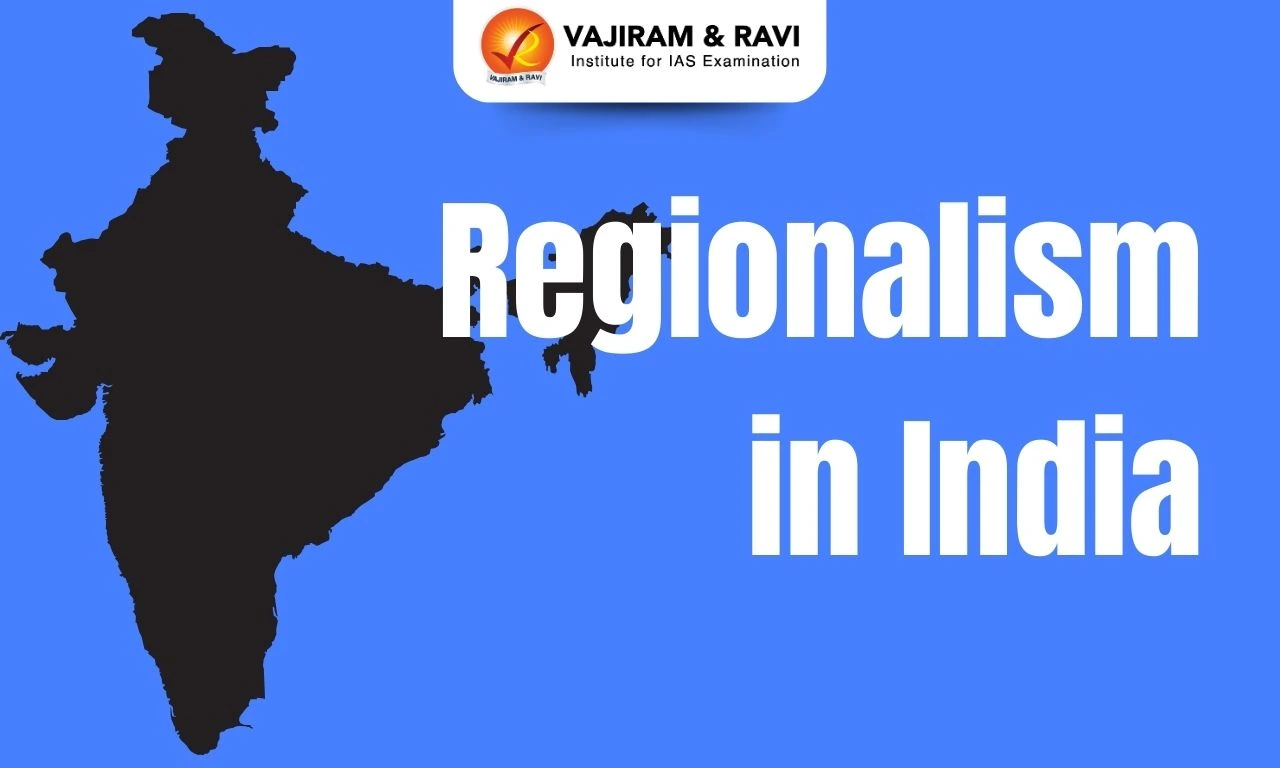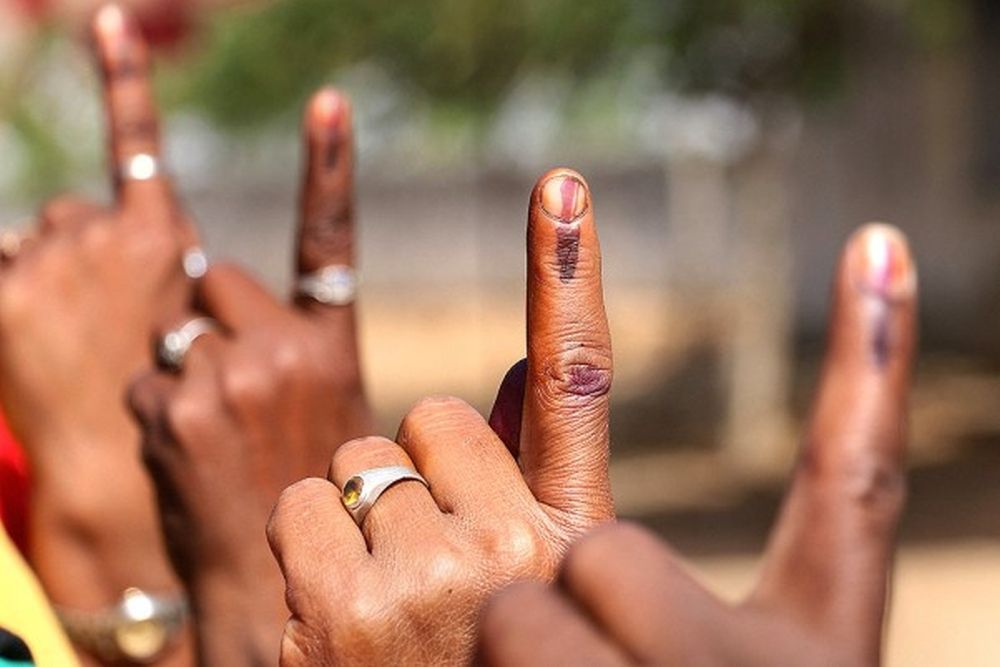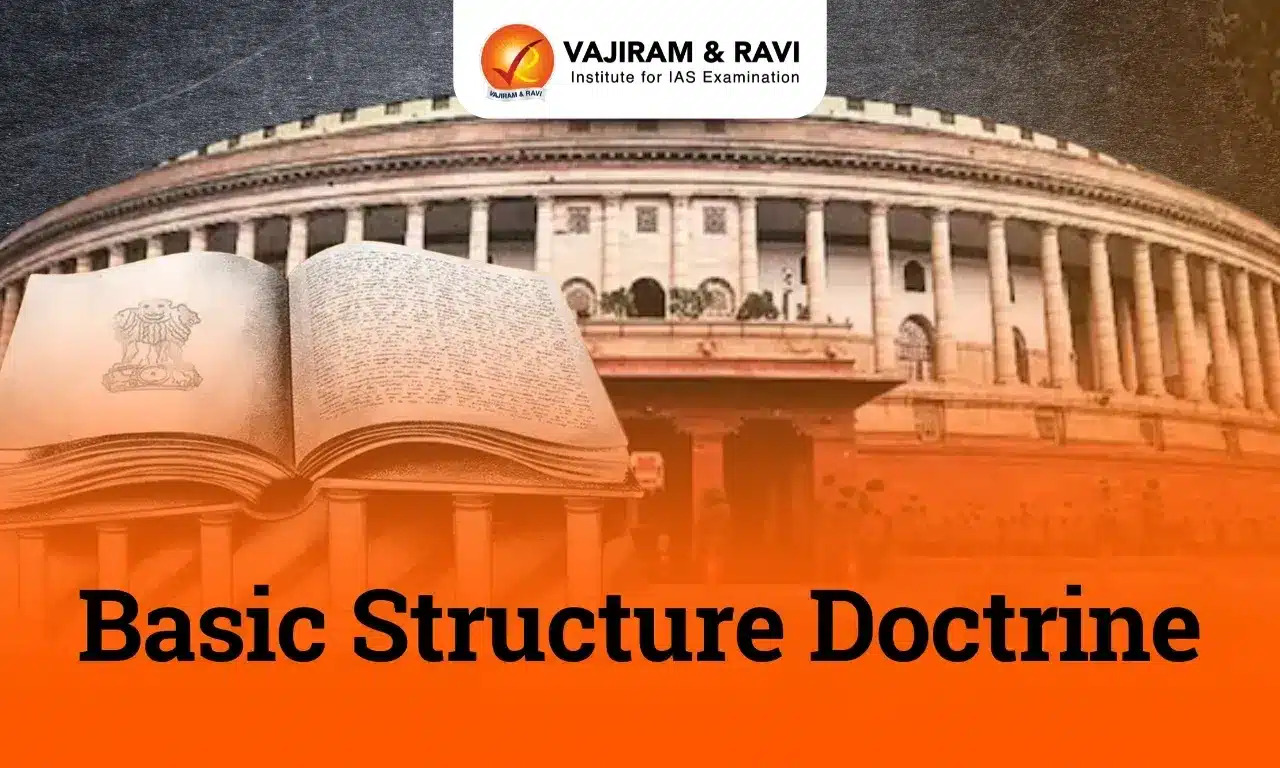Inter-State relations in India refer to the relationships and interactions between the federal units- states and union territories of India.
- Under the Indian Constitution, Part XI deals with Administrative relations, and Part XIII deals with trade and commerce.
- The relationship between the states in India is cooperative, with the states working together to implement national policies and programs and to address issues of common concern.
- However, there can be tensions between the states on certain issues, such as the distribution of resources, allocation of funding, etc.
Nature of Inter-State Relations
The nature of the relationship between state governments in India is shaped by the federal structure of governance in the country. The relationship between states can be described as one of cooperation, collaboration, and competition.
- Cooperative: The state governments often work together cooperating on matters of common interest.
- Example: Issues related to the sharing of river water, joint infrastructure projects, or regional economic development.
- The Indian Constitution provides for the establishment of Inter-State councils to promote cooperation and coordination among states on various issues.
- Collaborative: The state governments collaborate with each other and with the central government, especially on matters of national importance.
- Example: Disaster management, internal security, or international relations.
- The National Development Council provides a platform for such collaboration.
- Competitive: There is a competitive element to the relationship between state governments in India, as they compete with each other for various resources.
- Example: Efforts to attract investment, create jobs, and improve infrastructure in their respective states.
- The states also compete with each other in terms of social indicators, such as literacy rates, healthcare, and poverty reduction.
Why is a harmonious Inter-State Relationship essential?
Harmonious Inter-State relations are important for several reasons in India:
- National unity and integration: Harmonious Inter-State relations are essential for maintaining national unity and ensuring the smooth functioning of the country as a single entity.
- Economic development: Inter-State cooperation is necessary for the economic development of the country, as it allows for the free flow of goods, services, and people across state boundaries.
- Maintaining law and order: Inter-State cooperation is crucial for maintaining law and order, as it enables states to work together to combat crime and terrorism and to ensure the safety and security of citizens.
- Resolving disputes: It helps to resolve disputes between states and prevent conflicts from escalating. This is particularly important in a federal system like India, where states have a high degree of autonomy.
Constitutional Provisions pertaining to Inter-State Relations in India
There are several Constitutional provisions pertaining to Inter-State relations in India:
- Article 261: Full faith and credit shall be given throughout the territory of India to public acts, records, and judicial proceedings of the Union and of every state.
- Article 262: Parliament may by law provide for the adjudication of any dispute or complaint with respect to the use, distribution, or control of the waters of, or in, any Inter-State river or river valley.
- Article 263: It provides for the resolution of disputes and differences between states through the establishment of an Inter-State Council.
- Articles 301 to 307: Part XIII of the constitution deals with the trade, commerce, and Intercourse within Indian territory.
What are the various institutions to ensure harmonious Inter-State relations in India?
There are several bodies in India that are responsible for promoting Inter-State relations:
- Inter-State Council: The Inter-State Council is a Constitutional body established under Article 263 of the Constitution of India that facilitates coordination and cooperation between the central government and the state governments.
- The formation of a permanent Inter-State council was supported by the Sarkaria Commission.
- The Inter-State council can be set up by the President If at any time it appears to the President that the establishment of such a council would be in the public interest. In 1990, the first such body was established by the presidential order.
- Composition of Inter-State council:
| Chairperson | Prime Minister |
| Members |
|
- Under Article 263, The Council is charged with the duty of:
- Inquiring into and advising upon disputes which may have arisen between States.
- Investigating and discussing subjects in which some or all of the States, or the Union and one or more of the States, have a common interest.
- Making recommendations upon any such subject and particularly recommendations for the better coordination of policy and action.
- Zonal councils: The Zonal councils are the statutory bodies established by the States Reorganisation Act of 1956, responsible for promoting cooperation and coordination between states within their respective zones. The act divided the country into five zones and provided zonal councils for each: Northern, Central, Eastern, Western, and Southern.
- North-Eastern Council: It was created by the North-Eastern council Act of 1971 to promote the economic and social development of the Northeastern states of India.
- National Development Council (NDC): National Development council was set up in the year 1952. It is an apex body for decision-making and deliberations on development matters.
- NDC is neither a constitutional body nor a statutory body. There has been a proposal to abolish the NDC, but no resolution to that effect has been passed yet.
Issues pertaining to Inter-State Relations in India
There are several issues that have arisen in the context of Inter-State relations in India, including:
- Disputes over river water sharing:
- Water is a scarce resource in India, and disputes over the distribution and use of water often arise between states.
- There have been conflicts between Tamil Nadu and Karnataka over the sharing of water of the Cauvery River and between Maharashtra and Gujarat over the sharing of water of the Narmada River.
- Language issues: There have been conflicts between states over the use of Hindi as the official language of the country, with some non-Hindi speaking states opposing the imposition of Hindi as the sole official language.
- Boundary disputes:
- Several disputes over the demarcation of state boundaries have arisen in India.
- Merapani, a small village adjacent to the plains of Assam’s Golaghat district, is claimed by both Assam and Nagaland.
- Maharashtra and Karnataka have locked horns over the Belgaum district.
- Disparities in development:
- There are significant disparities in development between different states in India, which can lead to inter-state tensions.
- States with higher levels of development, such as Gujarat and Maharashtra, may feel that they are contributing more to the national economy and are not receiving their fair share of resources and benefits.
- Inter-State armed conflict: Recent incident of firing by the Assam police to catch alleged timber smugglers from Meghalaya heightened tensions along a stretch of the Inter-State boundary.
Way Forward
There are several ways to maintain harmonious Inter-State relations in India:
- Encourage cooperation and dialogue: Encouraging states to cooperate and communicate with each other can help to build trust and understanding and facilitate the resolution of conflicts.
- Address disparities in development: Reducing disparities in development between states can help to promote inter-state cooperation and reduce tensions.
- Strengthen federal institutions: Federal institutions such as the Inter-State council and Zonal councils can be strengthened to facilitate greater cooperation and coordination between states.
- Promote economic integration: Encouraging economic integration between states through initiatives such as the creation of free trade zones or the development of common marketplaces can help to foster Inter-State cooperation and reduce tensions.
- Foster cultural exchange: Promoting cultural exchange between states can help to build understanding and mutual respect and contribute to the development of national identity.
Last updated on April, 2025
→ UPSC Notification 2025 was released on 22nd January 2025.
→ The UPSC Vacancy 2025 were released 1129, out of which 979 were for UPSC CSE and remaining 150 are for UPSC IFoS.
→ UPSC Admit Card 2025 is expected to release in first week of May for CSE Prelims Exam 2025.
→ The UPSC Prelims 2025 is scheduled to be conducted on 25th May 2025 and UPSC Mains 2025 will be conducted on 22nd August 2025.
→ Apply once through it and aspirants can apply for various government exams conducted by UPSC.
→ The UPSC Selection Process is of 3 stages-Prelims, Mains and Interview.
→ UPSC Result 2024 is released with latest UPSC Marksheet 2024. Check Now!
→ UPSC Toppers List 2024 is released now. Shakti Dubey is UPSC AIR 1 2024 Topper.
→ Also check Best IAS Coaching in Delhi
Tags: inter-state relations quest















